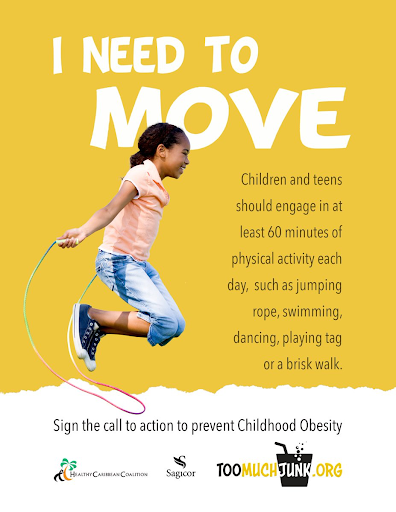By Emme Weisenfeld, FCLC 2023

Briskly walking along 125th St during a 105º heat wave surveying New York residents on their occupations, health, and quality of life was, frankly, not how I originally expected to spend my summer. Burning heat aside, my time as a Research Data intern at MAPSCorps, in association with Mount Sinai’s Adolescent Health Center, proved to be an incredibly formative experience. The guidance and encounters I had with staff and peers alike greatly helped to determine the attributes I want to work into my future work and volunteer experiences, as well as redefine my views on the foundation and complexities of what gives New York City its identity. My primary role as a Field Coordinator (FC) at the MAPSCorps summer program was to lead students of New York’s Summer Youth program through a series of tasks that would, ideally, prepare them for a potential future career in public health or related sciences. The students were exposed to various virtual modules highlighting the criticality of high quality data collection, participated in excursions to the South Bronx and East Harlem to collect in-person business and survey data, and, as a capstone of sorts, produced an end-of-summer research video on New York City’s health data to be presented (virtually) to a panel in MAPSCorps’ headquarters of Chicago. Throughout their learning experience, my fellow FC interns and I supervised and challenged the students to expand their knowledge of public health disparities and their understanding of New York as a whole.
This summer, the MAPSCorps team in New York’s research was focused on addressing the link between lower socioeconomic status and higher obesity prevalence within the communities of the South Bronx and East Harlem. In order to collect the data needed to address the proposed link, FCs, such as myself, led the mappers through virtual and in-person mapping; this work required using previously documented information (such as store names, hours, etc. on Google), as well as phone calls (virtual) and conversations with business owners (in-person) to verify the status and accessibility of businesses within our determined communities. As someone who has faced quite a bit of anxiety speaking on the phone with individuals I’m not familiar with, I found the process to be quite difficult at first, especially considering I was leading and teaching 10 mappers on how to do the same. Luckily, hour after hour of calling individuals to ask about their businesses quickly turned the act into a familiarity; I grew to be quite comfortable asking about the stores’ experiences during the pandemic, how they address the needs of their community, and what they’ve noticed about their primary consumer base from a health perspective.
From all of the responses I received, I began to conceptualize New York in a much broader light, experiencing it as a city filled with deeply complex issues based in the city’s complicated history and current wealth, social, and racial inequalities. Though I had previously been exposed to New York’s history and the many challenges it faces in many of Fordham’s courses, being in the field gave me an entirely new perspective. Having the opportunity to ask (often uncomfortable and revealing) questions, particularly in communities I hadn’t previously been exposed to, heavily reconstructed my vision of the city I’ve known for 21 years.
My time with MAPSCorps and Mount Sinai’s Adolescent Health Center was an experience that taught me how to be more outspoken in both the academic and work setting. I gained a new sense of confidence and pride, particularly when it came to teaching data and health curriculum to the youth mappers and advising them in their mapping endeavors. Interactions and conversations with my peers, mappers, and advisors at Mount Sinai have ultimately challenged me to view the communities I interact with through a much broader, inquisitive mindset.